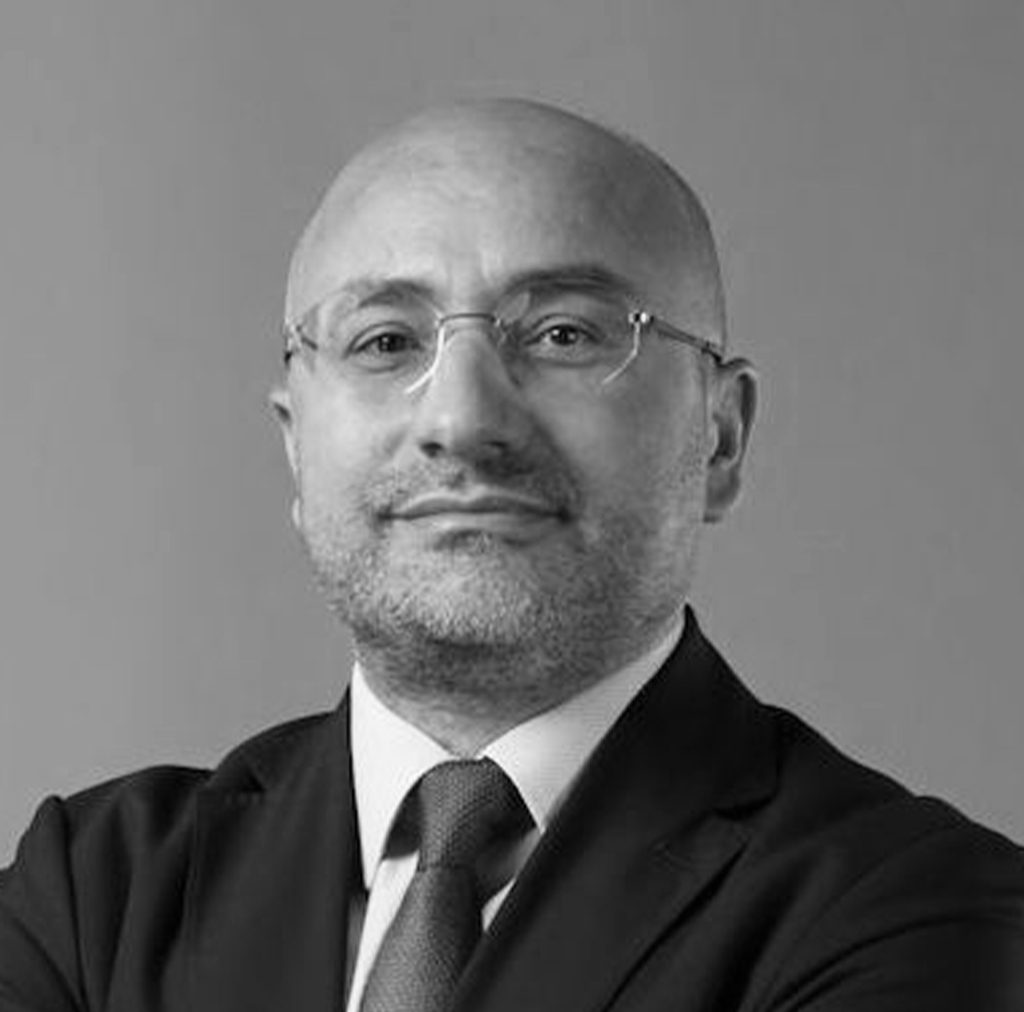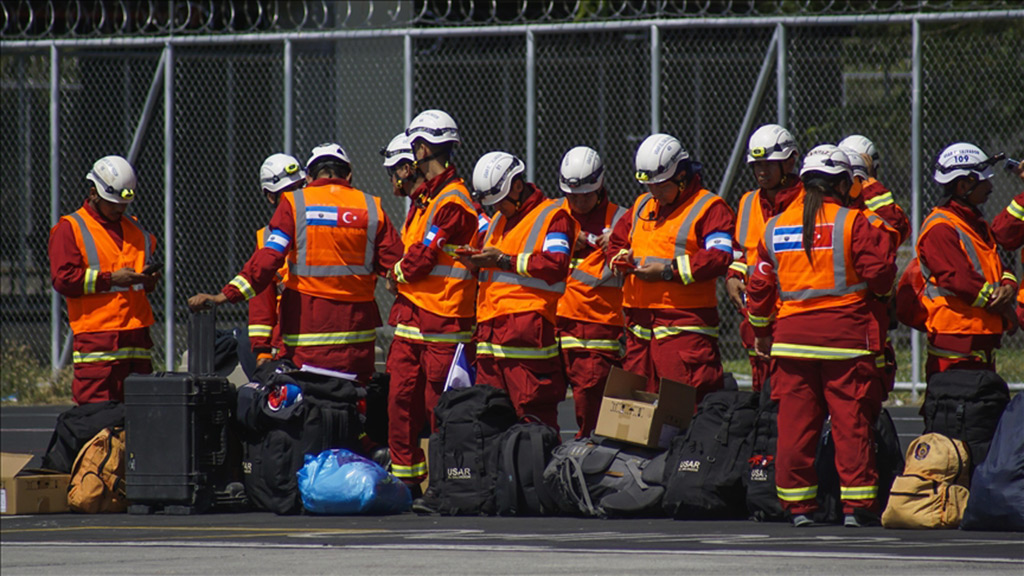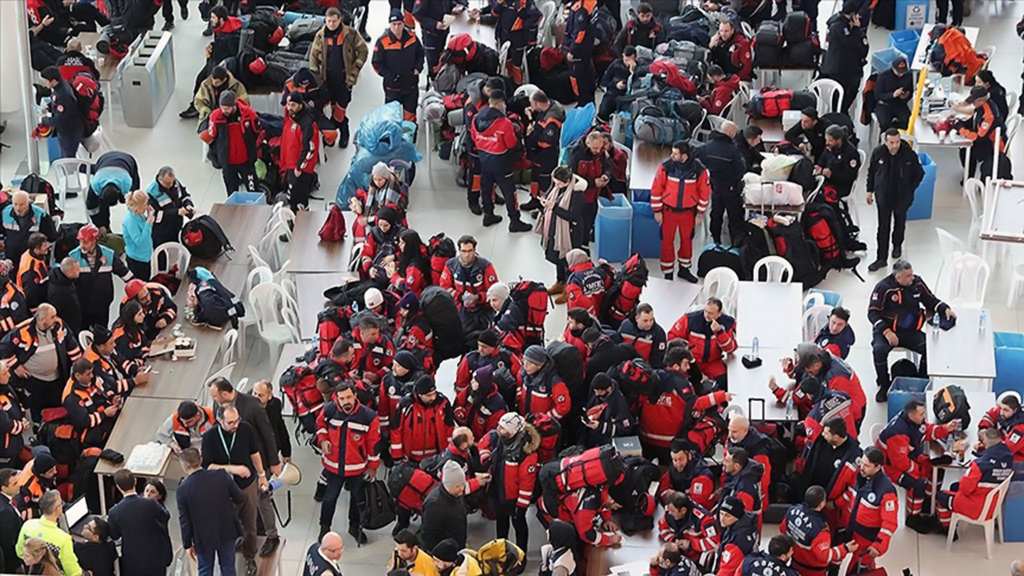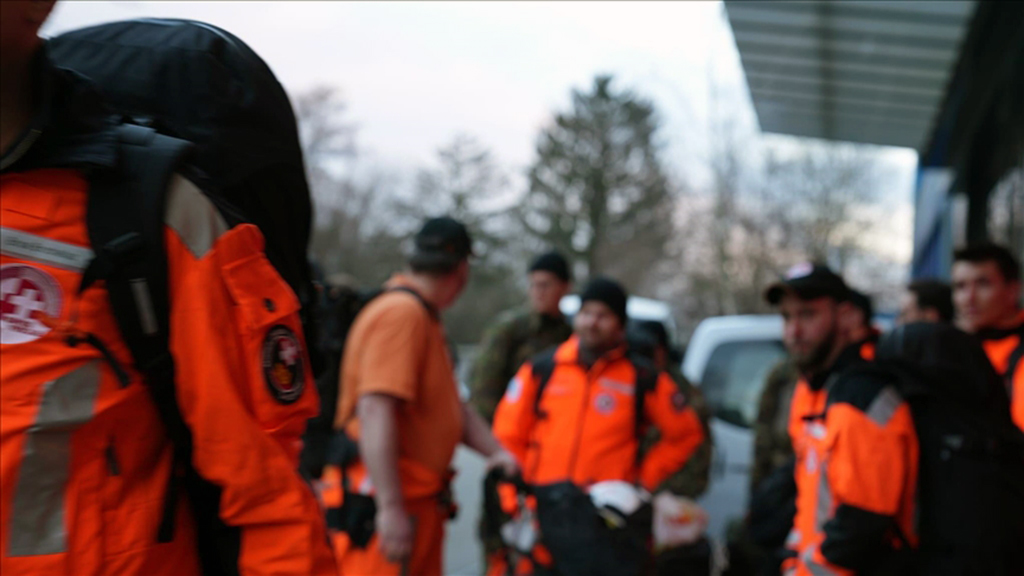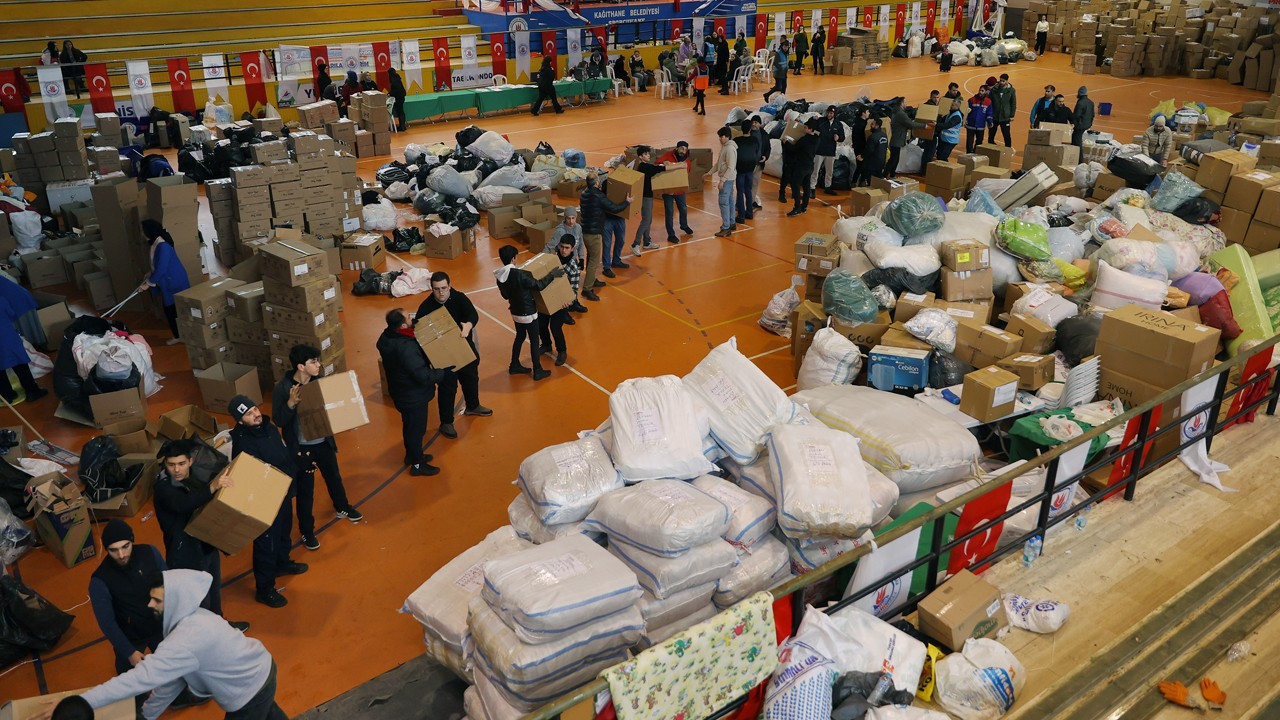
Sense of Unity and Politics after the Earthquake
the Kahramanmaraş earthquakes will be at the top of Türkiye’s political agenda ahead of the 2023 elections. On the campaign trail, voters will closely monitor each party’s vision for relief efforts, comparing the government’s proven crisis management skills with the opposition’s potential performance. Right now, the electorate can make that comparison.
Share
Türkiye just experienced major earthquakes. Experts agree that what happened was one of the worst disasters in history. The tremors took a toll on a very large area and millions of people. In truth, the disaster directly affected all of the country, causing devastation in 11 provinces and claiming more than 45,000 lives. There were no habitable buildings left in downtown Hatay. In Adıyaman, the earthquakes caused enormous damage. And Kahramanmaraş was among the worst-hit cities. Meanwhile, hundreds of thousands of people were forced to leave all earthquake-stricken areas – not just the towns that suffered severe damage.
In the disaster’s wake, the Turkish state and nation mobilized – as they repeatedly have following previous disasters. The central administration, local governments, nongovernmental organizations (NGOs), associations, and volunteers rushed to the disaster zone as a united front to heal people’s wounds. Others unable to go there themselves sent help. Some invited survivors into their homes. Those generous folks who offered free food and beverages to relief workers and locals relocating to other cities reminded everyone what charity really meant. Across the country, children donated whatever money they had in their piggy banks to survivors. Young people earned the entire country’s appreciation by helping save people from the rubble, collecting donations, delivering aid to the disaster zone, and distributing aid personally on the ground.
I attempted to write this piece as someone who personally witnessed what happened in the disaster zone. I was able to observe relief efforts in earthquake-stricken areas. I have done my best to grasp what happened since the earthquake’s immediate aftermath based on the recollections of survivors themselves. I had the opportunity to listen to many locals explain what they thought about the efforts of the state, nongovernmental organizations, and volunteers. I personally witnessed the prudence of Turkish citizens, who suffered a great deal, while their pain and trauma were still very fresh.
It is an indisputable fact that the vast majority of Turkish society joined forces to heal people’s wounds. In the wake of such great disasters, most people tend to set aside their political or social views to work together. That is what happened after the earthquakes in Türkiye. The sense of solidarity on the ground certainly attested to that fact. However, we also witnessed certain debates in the media and on social media platforms that threatened to undermine national solidarity.
In recent years, the expansion of social media gave rise to a very serious problem locally and worldwide: the dissemination of false information designed to mislead and manipulate the masses. Such fake news, distorted facts, and manipulative content spread rapidly, especially in times of crisis. In the Kahramanmaraş earthquake’s aftermath, too, some people spread this type of content on social media – which was one of the most serious problems. The main purpose of manipulative posts was to influence the domestic political debate. It is no secret that manipulative content spreads more rapidly in countries with high levels of political polarization. Indeed, international studies established that Türkiye was among those countries suffering most frequently from disinformation.
Rallying Around the Flag
I wrote a lengthy introduction to explain in detail the nature of the domestic political debate over the earthquakes. Although the Turkish people had a strong sense of solidarity, some opposition parties and their digital supporters made accusations intended to undermine national solidarity. In the wake of disasters, one would expect all political parties to stand in solidarity with society. At the very least, the majority expects political parties to temporarily set aside their respective agendas. In this regard, the following questions await answers: Why did the opposition use such strong language at a time when the country’s people desperately needed solidarity and there were still dead bodies under the rubble? Did opposition leaders not realize that this brand of politics could backfire? In this sense, did the opposition take a risk by using strong language in the disaster’s immediate aftermath?
Society’s sense of unity grows stronger in times of crisis and disaster. According to the “rally around the flag” theory, which was based on several studies conducted in the 1970s, that sense of unity encourages people to support their government in such periods. Accordingly, people are inclined to support decision-makers following natural disasters or in uncertain times to ensure that their problems go away quickly. That is why they throw their weight behind the sitting government. Another factor that encourages people to rally around the flag is linked to positive pre-crisis steps taken by the government. In other words, it is the people’s confidence in their government’s ability to solve problems.
In the wake of natural disasters and crises, people expect opposition parties to temporarily set aside their political agenda to support relief efforts by channeling their energy into such steps. It is possible to argue that there has traditionally been no shortage of unity and solidarity among political parties in the aftermath of natural disasters. Yet the main opposition Republican People’s Party (CHP) decided to keep targeting the government, partly due to the proximity of the upcoming elections, instead of shelving its political agenda. Whereas many opposition leaders spoke over the phone with President Recep Tayyip Erdoğan after the earthquakes, the CHP’s chairman, Kemal Kılıçdaroğlu, made the following aggressive statement: “I absolutely do not plan to contact [Erdoğan]. I do not believe that this issue is above politics in any way.”
Obviously, some opposition parties and pro-opposition groups strongly criticized the government in an attempt to stop voters from “rallying around the flag.” Studies have shown that extremely polarized societies do not tend to rally around the flag in times of crisis. As such, the opposition attempted to keep polarization alive against the backdrop of a strengthening sense of solidarity. It acted in a way that it hoped would stop solidarity and mutual assistance from reducing polarization. As such, the opposition tried to prevent more people from rallying around the flag and supporting the government.
With a few weeks left until election day, the opposition’s biggest concern was Erdoğan overcoming the crisis with his popular base intact. After all, the Turkish president had survived past crises and preserved or increased his popular support. To refresh the reader’s memory, some of those crises were as follows: Ahead of the 2007 elections, the Justice and Development Party (AK Party) faced closure and complications over the procedure for electing the president. The country experienced the Gezi Park revolts and the December 17-25, 2013 judicial coup attempt in the lead-up to the 2014 municipal and presidential elections. Again, following the Gülenist Terror Group’s (FETÖ) 2016 coup attempt, Erdoğan not only clinched re-election but also increased his popular support to oversee the adoption of a new system of government through a constitutional referendum.
For the record, those incidents are unlike natural disasters. However, it is a well-known fact that a significant part of the population had a positive view of the Turkish government’s actions and crisis management skills vis-à-vis natural disasters. Indeed, the authorities have promptly healed people’s wounds in the wake of earthquakes, floods, and wildfires. The government gave homes and cash assistance to affected citizens as scheduled. Accordingly, many people believe that it takes strong leadership to recover from such terrible disasters. Even the opposition concedes that Erdoğan is particularly skilled at addressing crises. Let us recall that the Turkish president had a consistently high approval rate during the coronavirus pandemic.
Another issue that worried the opposition during this period was related to the need for strong leadership in times of crisis. Ahead of the 2023 elections, the opposition argued that it could govern with six parties and the Peoples' Democratic Party’s (HDP) tacit support. Those six parties had a big fight as they attempted to determine how they would share power if they were to win the elections. Around that time, even opposition voters conceded that Türkiye could not be governed with such a power-sharing scheme in place. The severity of the disaster the country suffered remains indisputable. Unfortunately, it will take some time for all wounds to be healed and the region to be rebuilt. Provided that a six-party coalition could fuel chaos in any country, even in ordinary times, voters are understandably worried that the opposition may not govern successfully in the wake of such a great disaster.
There is no doubt that the Kahramanmaraş earthquakes will be at the top of Türkiye’s political agenda ahead of the 2023 elections. On the campaign trail, voters will closely monitor each party’s vision for relief efforts, comparing the government’s proven crisis management skills with the opposition’s potential performance. Right now, the electorate can make that comparison. Specifically, they can look at aid deliveries by opposition-controlled metropolitan municipalities to the disaster zone. Had opposition leaders shown the Turkish people that they could outperform the ruling party instead of making statements designed to undermine national unity, they would have promoted a better brand of politics for their future. Yet, the opposition will contest the election with the abovementioned perspective because it cannot compete with Erdoğan when it comes to addressing crises or rebuilding the country.
Tags »
Related Articles
